Need More Room, But Don’t Want to Move?
If your home is starting to feel cramped—or if you want your parents or adult children nearby without losing privacy—a laneway or custom home may be the perfect solution. We handle everything from feasibility to design, permitting, and construction.
Common Challenges We Solve:
- Aging parents need independence without isolation
Adult children can’t afford to leave home
- Family wants to stay in the neighborhood they love
- No home office or flex space
- Lack of clarity on zoning or build regulations
No time to manage multiple contractors or consultants
Multigenerational Builds Without the Red Tape
As a third-generation builder, we understand both family dynamics and city requirements. We walk you through every step—from lot assessment to final walkthrough—so you’re never overwhelmed or left guessing.
Full design–permit–build under one roof
Expertise in Burnaby, Vancouver, and New West zoning
Accessible, energy-efficient designs for aging-in-place
2-5-10 warranty on all new builds
Transparent communication and clear budgets
HAVAN & RenoMark certified
“We didn’t just build for today—we built for our family’s future. CoreVal handled everything with care and clarity.”
— The Sandhu Family, Burnaby
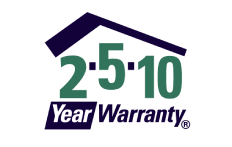
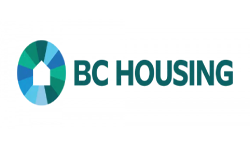

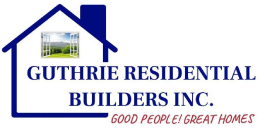

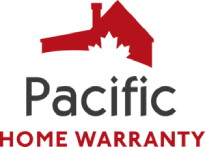
Wondering If a Laneway or Custom Home Is Possible on Your Lot?
We’ll help you find out—no commitment, no pressure. Book a free feasibility call and learn what your family can build, how long it’ll take, and what it might cost.
Laneway & Custom Home Solutions for Your Family
We help families make the most of their property with thoughtful, future-ready solutions that balance privacy, comfort, and flexibility. Whether it’s a laneway home for aging parents, a custom home built from the ground up, or a two-family layout designed to share space respectfully—we design with intention.
From accessibility features like no-step entries and wider doorways to passive-income suites that support financial goals, every project reflects your family’s unique vision. If you’re planning for loved ones or laying the foundation for the next generation, CoreVal makes the process seamless, supportive, and meaningful.
Why Families Trust CoreVal Homes
Local Expertise
In-depth knowledge of Vancouver's building regulations and market trends.
Transparent Processes
Clear timelines and fixed costs with no surprises.
Quality Assurance
BC Housing certified with a 2-5-10 warranty for peace of mind.
Sustainable Practices
Eco-friendly building methods to reduce your environmental footprint.
Build the Space That Brings Your Family Closer
Keep your parents nearby. Give your adult kids a place to grow. With CoreVal’s laneway and custom home solutions, your family can thrive—together, but not crowded.
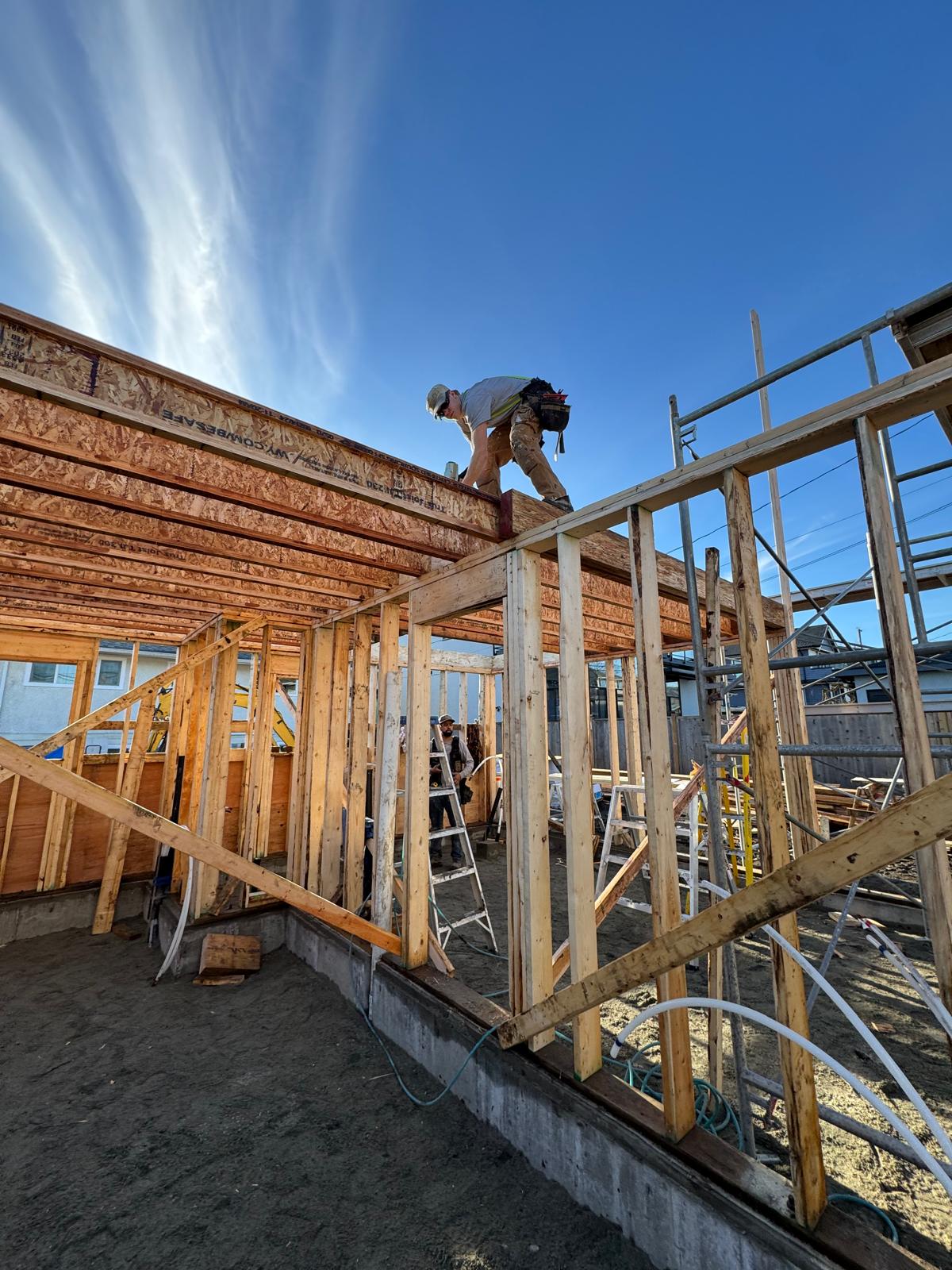
Frequently Asked Questions
Can I build a laneway home on my property?
Most single-family lots in Vancouver, Burnaby, and New Westminster are now eligible for laneway or infill housing under updated zoning policies. We offer a free property assessment to determine eligibility, lot setbacks, and buildable square footage.
How much does a laneway or custom home cost?
Laneway homes typically range from $250,000 to $450,000, depending on size, finishes, and site complexity. Custom homes vary more widely but generally start around $500,000+. We provide transparent quotes upfront and offer flexible phasing where possible.
How long does the process take—from design to move-in?
For laneway homes, the design + permitting stage usually takes 3–6 months, followed by 6–9 months of construction. Custom homes may take 12–18 months depending on scale. CoreVal streamlines the process with a full design–permit–build approach.
Can I live in my main home while the laneway is being built?
Yes, in most cases you can stay in your existing home during laneway construction. We work hard to minimize disruption and provide clear timelines so you know what to expect.
Are your homes built with aging-in-place or accessibility features?
Absolutely. We frequently design laneway and custom homes for aging parents and incorporate no-step entries, wider hallways, accessible bathrooms, and mobility-friendly layouts into the design—without compromising aesthetics.
Do you handle zoning, permitting, and inspections?
Yes — CoreVal is a turnkey design–permit–build contractor, meaning we take care of everything: design, architectural drawings, permit applications, and final inspections. You don’t have to coordinate multiple consultants.
What makes CoreVal different from other laneway home builders?
We’re a third-generation builder trusted by families across Greater Vancouver. With a 2-5-10 warranty, HAVAN certification, in-house design, and a deep focus on multigenerational living, we don’t just build structures—we build peace of mind.
Not Sure Where to Start? Let’s Talk Through It Together.
Whether you're building for your parents, your kids, or your future, we’ll walk you through what’s possible—budget, zoning, timeline, and everything in between. No sales pressure—just clarity.
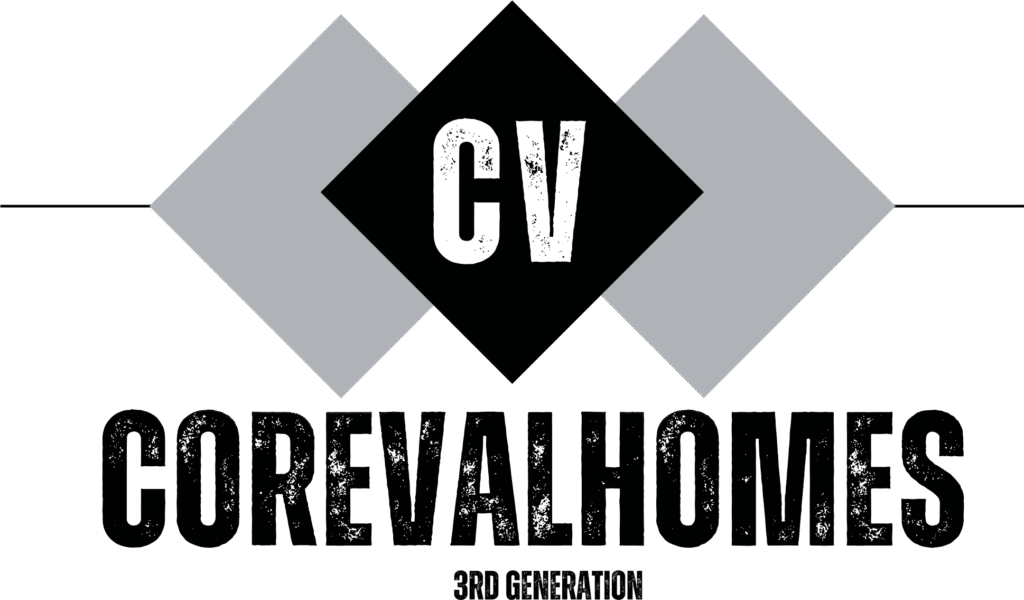


 Renovations: Unlocking the Potential of Your Current Home
Renovations: Unlocking the Potential of Your Current Home